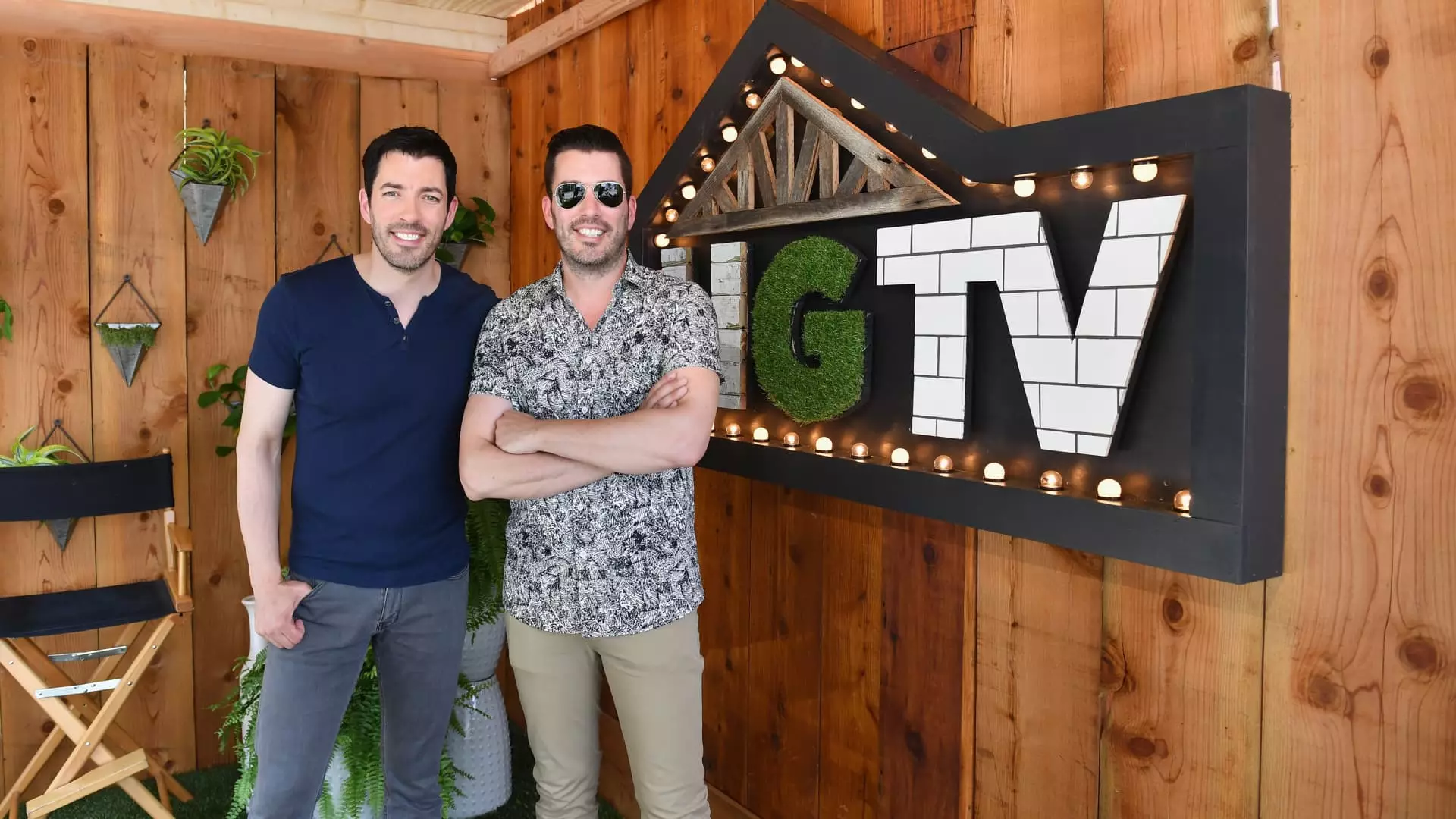As the landscape of home buying continues to shift, many prospective homeowners face significant hurdles, chief among them being the acute housing shortage. Drew and Jonathan Scott, widely recognized for their expertise in home renovation through their television series, highlight the gravity of this issue. They emphasize how the scarcity of available homes doesn’t merely impact potential buyers; it has far-reaching implications that contribute to broader social challenges, including homelessness and spiraling housing costs.
In today’s world, the competition for housing is fierce, and as a result, median sales prices are a topic of concern for many. The U.S. Census reports that the median sales price reached $412,300 in early 2024, a decline from earlier peaks but still a substantial investment for most Americans. The volatility in prices reflects not just market trends but also the underlying struggles people face in finding affordable options. This ongoing crisis begs the question: how can future generations hope to secure home ownership?
Jonathan Scott paints a bleak picture for young people entering the housing market, suggesting that without significant changes, many may find themselves unable to afford homes in the next two decades. This sentiment captures a growing anxiety among the younger demographic, who often grapple with mounting student debt and stagnant wages, all while the dream of owning a home seems ever more distant. According to the National Association of Realtors, there is an estimated shortage of 4 million homes, exacerbating the difficulty faced by first-time buyers.
Though there are signs of recovery, with new home construction seeing a modest uptick—1,027,000 single-family housing starts reported in September—this is not sufficient to meet the overwhelming demand. The “lock-in” phenomenon, where existing homeowners hesitate to sell due to favorable mortgage rates secured during the pandemic, has contributed to limited inventory in the housing market.
Despite the challenges, the Scott brothers remain optimistic about the value of home purchasing. They argue that home ownership, despite the high upfront costs, is a wise long-term investment. Data from CoreLogic reveal that U.S. homeowners with mortgages possess a staggering $17.6 trillion in net equity, with significant growth over the past year. This wealth accumulation underscores the potential benefits of home ownership, suggesting that commitment to the market can yield substantial financial returns.
However, the emphasis on long-term thinking suggests a more nuanced approach to home buying. As the Scotts advocate, creative strategies—including co-buying with friends or family—can open avenues for those otherwise priced out of the market. By collaborating and pooling resources, prospective buyers might find ways to navigate these complex and often daunting market conditions.
The journey toward home ownership today is fraught with obstacles, chiefly the enduring housing shortage. While rising prices and competition discourage many, solutions and strategies exist for those willing to take a long-term approach. As the Property Brothers suggest, staying informed and adaptive in a rapidly changing market can transform the daunting prospect of buying a home into a viable opportunity for many aspiring homeowners.

